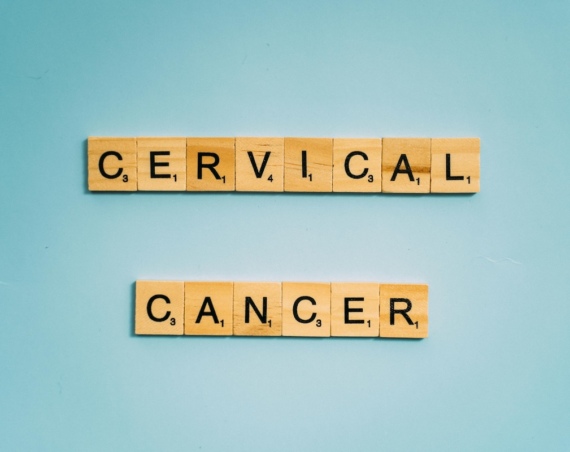
Woebot Health has enrolled the first patient in a pivotal clinical trial to evaluate the safety and efficacy of WB001, an investigational digital therapeutic for postpartum depression (PPD) that was granted Breakthrough Device Designation by the U.S. Food and Drug Administration (FDA) in 2021. The multi-center, double-blind, randomized controlled study is actively recruiting women ages 22 to 45 who have given birth in the last three months and are experiencing mild to moderate PPD.
“Despite the significant prevalence of postpartum mood disruption after giving birth, women’s health care needs continue to be chronically underserved. Too many women are suffering in silence, and those who do seek support often struggle to access the resources they require,” said Athena Robinson, Ph.D., Chief Clinical Officer of Woebot Health. “With WB001, our focus is to enable early interventions by making mental health care more accessible to mothers in their moment of need.”
WB001 combines therapeutic alliance, human-centered design, machine learning techniques, and established principles from CBT and interpersonal therapy (IPT) to treat PPD. It is based on Woebot, a relational agent that enables guidance through the replication of some elements of human relationships. To date, WB001 would be the first digital therapeutic of its kind to be cleared by the FDA.
“Unlocking this therapeutic effectiveness has the potential to improve both the quality and the scalability of mental health care, providing support to patients on waiting lists and in between clinical encounters,” said Robbert Zusterzeel, M.D., Ph.D., M.P.H., Vice President of Regulatory Science and Strategy, Woebot Health. “The real world evidence generated by this study will provide us with data to understand the impact of WB001 adjunctively to women’s usual treatment, including pharmacotherapy and psychotherapy. We look forward to sharing our progress as we continue to evaluate its efficacy.”
The purpose of the study is to determine if, for women diagnosed with PPD, WB001 as an adjunct to Treatment as Usual (TAU) can reduce symptoms of depression compared to an educational control with adjunctive TAU at the end of 8 weeks of treatment, as measured by the clinically validated HAM-D6 scale, which assesses symptoms of depression such as depressed mood, guilt, work and activities, psychomotor retardation, psychic anxiety and general somatic symptoms.
The WB001 treatment consists of PPD-specific psychoeducational lessons and CBT-specific skills or tools used in a real-world setting outside of a clinic. The lessons teach PPD-specific information to normalize and contextualize postpartum experiences, as well as provide information on effective mood management and mental health promotion in the context of having recently given birth.



